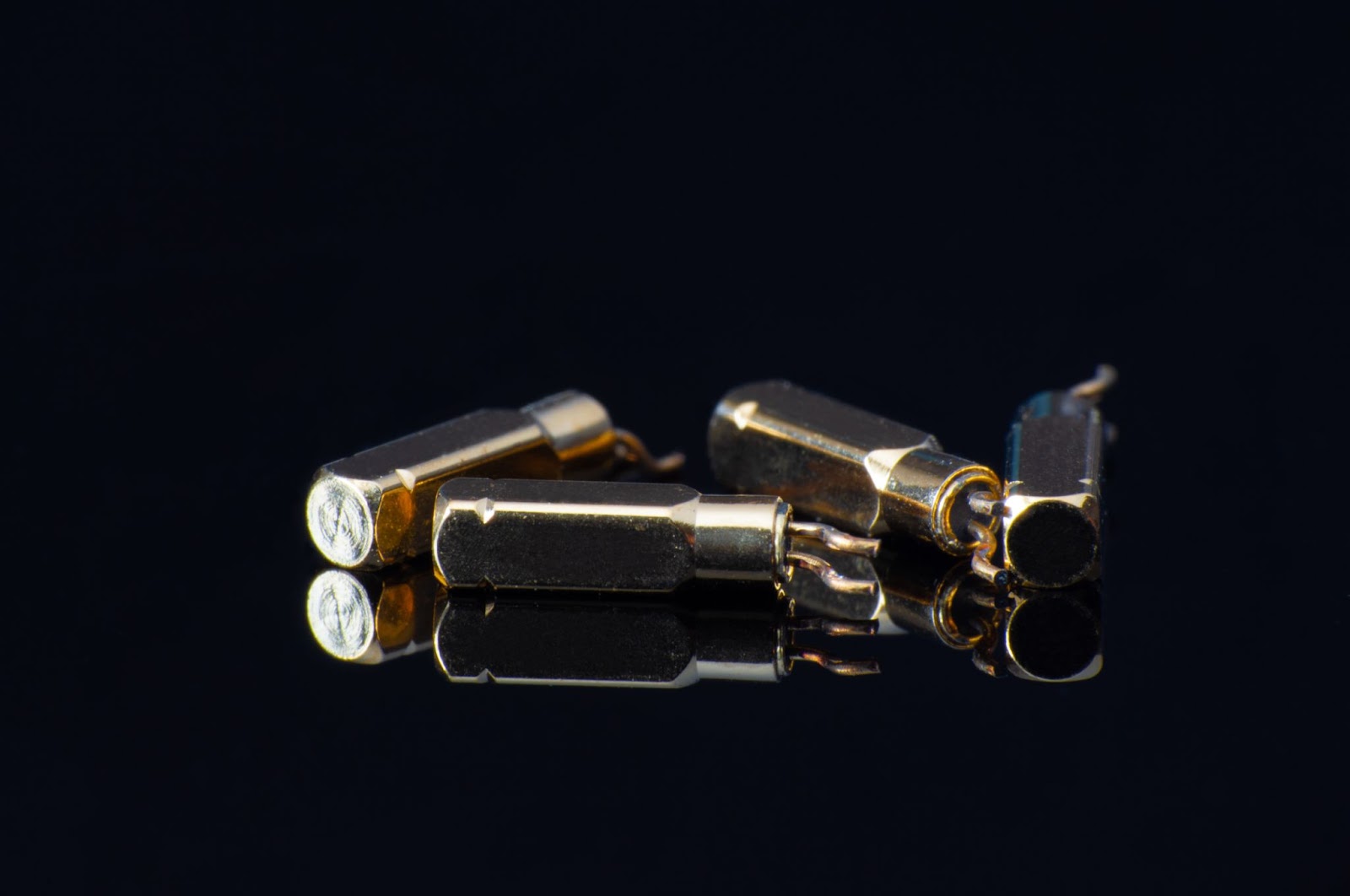Photo by Agê Barros on Unsplash
In the age of electronic banking, direct deposit has become a popular method for receiving paychecks, tax returns, and other payments. One may wonder, how long does a direct deposit take? This article aims to shed light on this topic and provide valuable insights to help you manage your finances better.
What is Direct Deposit?
Direct deposit is a method of payment where funds are electronically transferred from the payer’s account directly into the payee’s account. This system eliminates the need for paper checks, providing a fast, safe, and convenient way to receive payments. Instead of waiting for a physical check to arrive in the mail or making a trip to the bank to deposit it, direct deposit ensures that the funds are automatically deposited into your account on the scheduled payment date.
SoFi experts say, “Direct deposit is a popular way to get your paycheck, but that isn’t the only use. It may also be the way you get a tax refund, Social Security benefits, unemployment benefits, investment-related dividends, as well as other payments.”
Factors Influencing Direct Deposit Timing
Several factors can influence direct deposit timelines. It’s important to understand these variables to expect when funds will be available in your account.
1. Financial Institution’s Policies: Banks and credit unions may have different processing times for direct deposits. While some may make the funds available as soon as they receive the payment information, others may take longer to process. It’s good to check with your financial institution to understand their policies.
2. Payment Originator’s Setup: The timing of the payment may also depend on when the payment originated. Some companies or organizations may have specific cut-off times or processing schedules determining when direct deposits are initiated.
3. Payment Frequency: Regular payments like paychecks or government benefits usually have a predictable timeline once the initial setup is completed. However, one-time or irregular payments may have more variability in their processing times. Factors such as the payment amount, verification requirements, or the need for additional approvals can impact the processing timeline.
4. Time of Day: The time when the payment is submitted can affect the deposit timeline. Payments submitted after the bank’s cut-off time or on non-business days may not begin processing until the next business day. For example, if a payment is initiated on a Friday evening, it may not start processing until Monday.
5. Interbank Transfers: If the payment involves banks in different countries, the processing time may be longer due to the involvement of intermediary banks and different time zones. International transfers typically take longer to process and may be subject to additional fees or currency conversion processes.
The Average Timeline for Direct Deposit
Typically, direct deposits are processed within 1 to 2 business days. Once the funds are transferred, they should be available for immediate use. However, the initial setup of direct deposit can take up to 2 weeks as companies often run a test to verify the account information.
The Benefits of Understanding Direct Deposit Timelines
By understanding the timeline of direct deposit, you can manage your finances better and avoid potential overdraft fees or late payments. It also provides peace of mind knowing when to expect your payments.
In the ever-evolving world of electronic banking, knowledge about processes like direct deposit is crucial. Though it may seem like a complex network of transfers and transactions, once you understand the timeline and influencing factors, direct deposit is a reliable and efficient way to receive payments. Keep these points in mind, and you’ll be well-equipped to navigate the ins and outs of direct deposit timelines.



